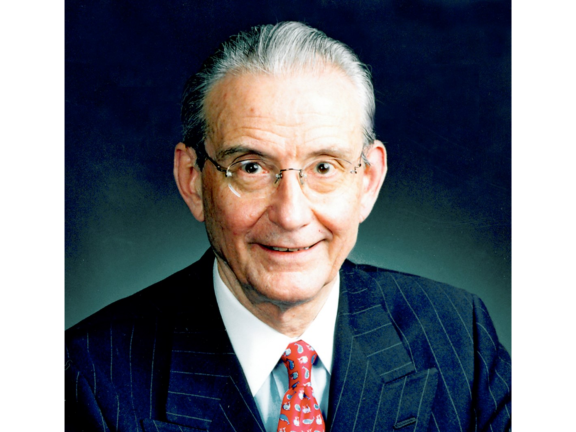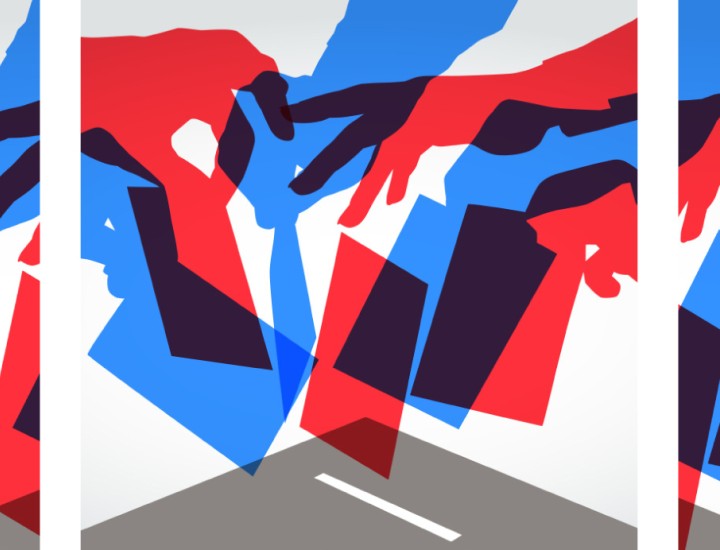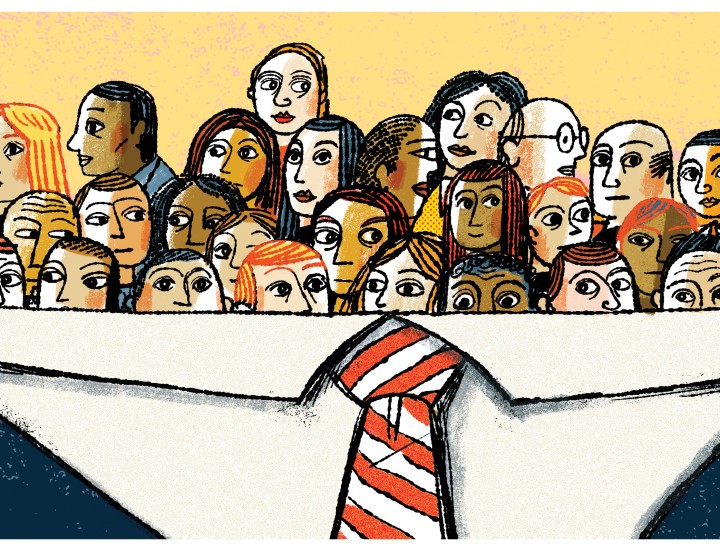Board Member William Rhodes Writes on COVID-19 in Latin America and Financial Regulatory Weaknesses

Volcker Alliance Board Member William Rhodes recently penned two op-eds: "Mind the Gap," which was published in Reuters and concerns Latin America's effort to contain the COVID-19 pandemic; and "Wirecard is a wake-up call on regulatory weakness," which was published in The Banker and covers the fraud at Wirecard and the lessons to be drawn from the regulatory weakness demonstrated in this case. You can read excerpts of both op-eds below, or visit Reuters and The Banker to read the full pieces.
Wirecard is a wake-up call on regulatory weakness
There is no room for apathy where regulators are involved; we need an investigation into Wirecard, however embarrassing and painful it may be.
The lion’s share of the blame for the $2.1bn fraud and collapse of Wirecard rests with its board, ex-CEO, chief financial officer and senior leaders. The supervisory and executive boards failed to oversee the firm’s performance or ask the right critical questions. Why were they so lax?German financial authorities, who have long touted the efficacy of their domestic board structures, need to take a long, hard look at lessons from the Wirecard debacle and change the expectations of how boards should function, deliberate and oversee senior executive performance. Unquestionably, banks also need to learn from this scandal.
Read the full article in The Banker, published October 5, 2020.
Mind the gap
By William Rhodes and Cristina Valencia
Latin America’s Covid-19 crisis demands a more ambitious response from governments and the international community. The pandemic is shining a light on underlying economic vulnerabilities that have hindered the region’s efforts to contain the disease. Without additional funding, the eventual recovery may also suffer.
The region’s five largest economies combined – namely, Brazil, Mexico, Colombia, Peru, and Argentina – registered 7.7 million cases of Covid-19 and hundreds of thousands of deaths, as of September 28. With fragmented and unequal health systems, many have struggled to follow the rigorous guidelines for testing, tracing, information release and treatment suggested by groups like the World Health Organization.
Governments have therefore been forced to seek financing from development institutions such as the World Bank, the International Monetary Fund and the Inter-American Development bank. While there is financing available for countries in need, much of it has been funneled through global programs, for which Latin American countries are often ineligible.
Read the full article in Reuters, published October 16, 2020.

